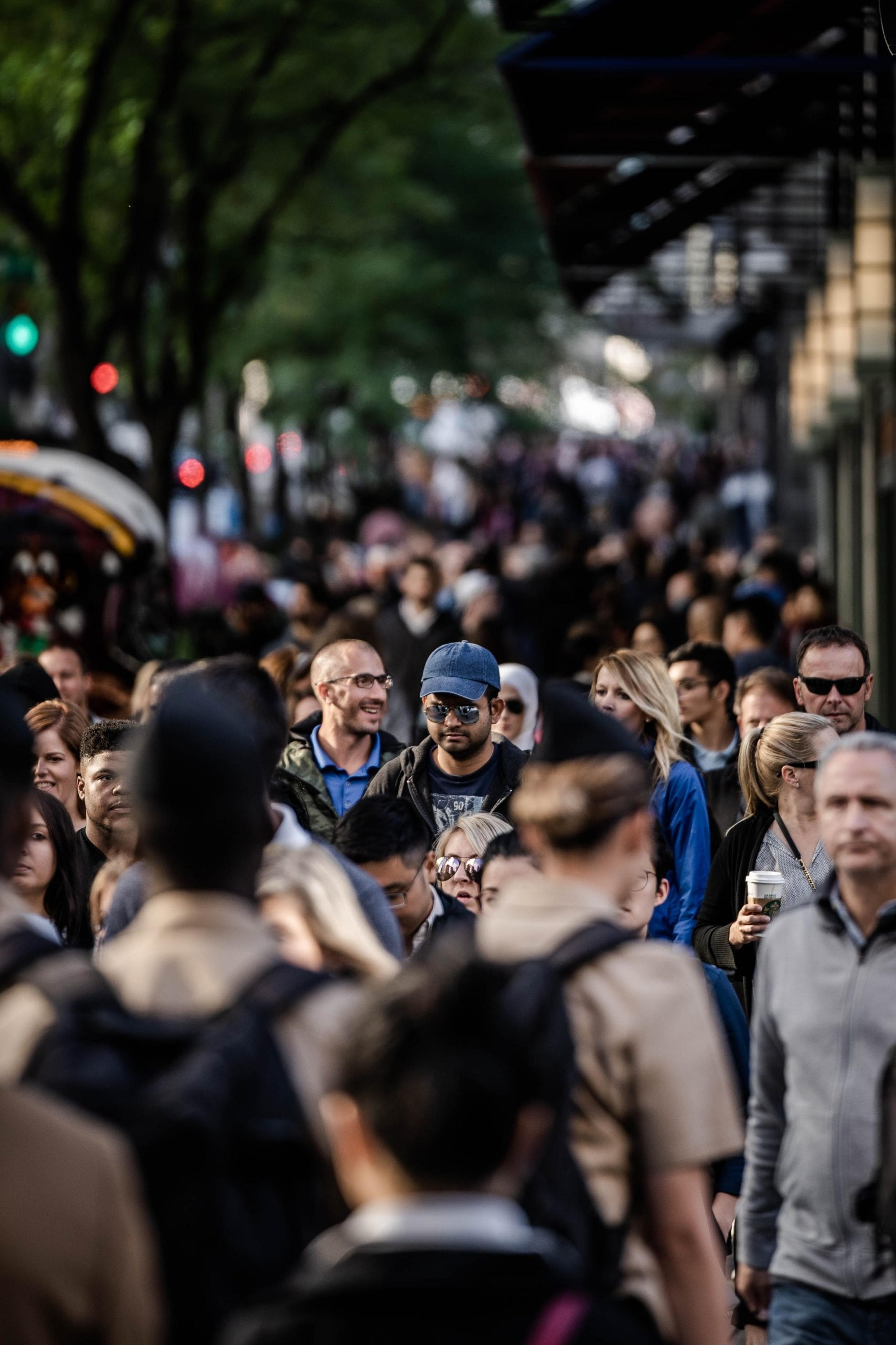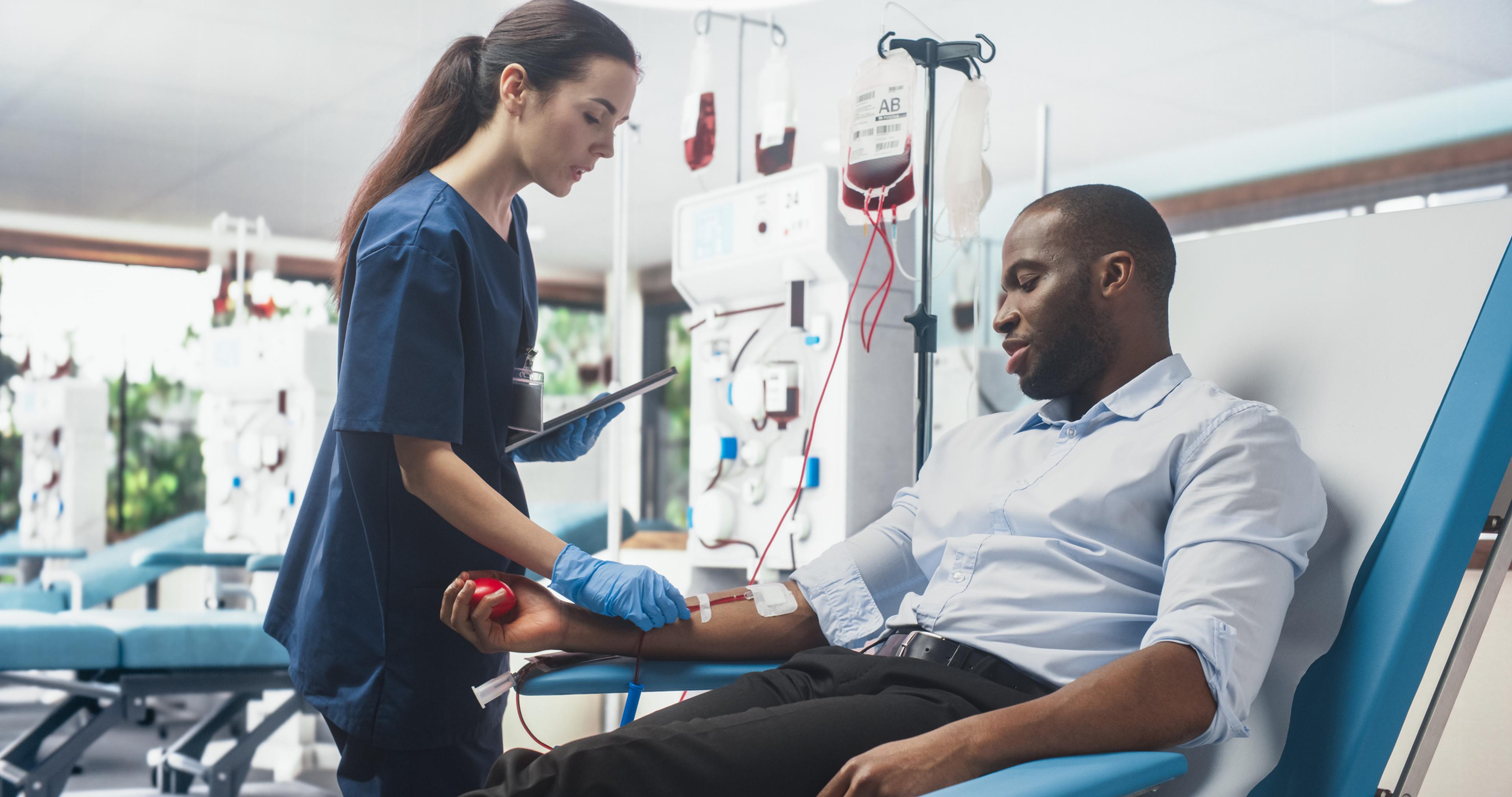How Does Herd Immunity Work?
Dr. T. Jann Caison-Sorey
| 3 min read
Dr. T. Jann Caison-Sorey is a pediatrician, adolesce...

Do you know why there’s strength in numbers? When operating as a group, everyone benefits from a united front. It’s a common survival tactic adopted by humans and animals alike. It often protects the weakest members of society from external danger. In the medical field, this concept is called herd immunity, also known as community immunity. It’s a way of combating biological threats through group vaccinations or prior exposure to illness and disease. When most of a population is immune to an infectious disease, it lessens the likelihood for illness to spread. There are fewer viable carriers, which inhibits the ability of diseases to transfer from person-to-person. It also shields those who are unable to receive necessary vaccinations. Vaccinations are a series of shots administered from birth to adulthood to prevent Hepatitis B, polio, rotavirus, influenza, measles, chickenpox, Pertussis, human papillomavirus (HPV) and other diseases. Herd immunity is especially important for those too young or too immune-compromised to be vaccinated. Anyone whose immune system is strong enough to be vaccinated should be as it provides unmatched protection for the individual and helps make the spread of disease less likely for those with immune systems unable to handle being vaccinated. The more people are immunized, the less of a threat these diseases pose. But everyone’s system is different. Some individuals still have a hard time staying healthy and warding off illnesses when exposed, despite herd immunity. This can be caused by pre-existing conditions such as:
- Primary Immune Deficiency – Present at birth and makes individuals more susceptible to infections
- Acquired Immune Deficiency – Caused by a disease or medication, severely weakens the immune system
- Autoimmune Disease – A condition that causes the body to attack healthy cells (i.e. lupus, multiple sclerosis, and rheumatoid arthritis)
For people who can’t receive certain vaccinations, mass vaccinations of others in their community are their only line of defense. This herd immunity provides indirect protection between them and countless germs, bacteria and viruses. Herd immunity can lessen (but not remove) their risk of disease, consequently lowering their chances of getting sick. Although vaccinations have led the way to a dramatic decrease in the number of U.S. cases of several infectious diseases, some diseases remain quite common in other countries and can be brought back to the U.S. by international travelers. This poses a threat to those who are not vaccinated, as they could easily contract one of these diseases from a traveler or while traveling themselves. The bottom line? There’s no better way to protect yourself and your children from certain diseases than through immunizations. You can feel good knowing you’re protected and that by protecting yourself, you’re also helping to offer a level of protection to those who can’t be vaccinated. About the author: Dr. T. Jann Caison-Sorey is a senior medical director at Blue Cross Blue Shield of Michigan. If you enjoyed this post, you might also like:
- Michigan Measles Outbreak: How to Protect Yourself and Your Family
- 5 Surprising Ways Stress Affects the Body
- Adults: Make Sure You’re Protected Against Measles
Photo Credit: Cameron Casey





